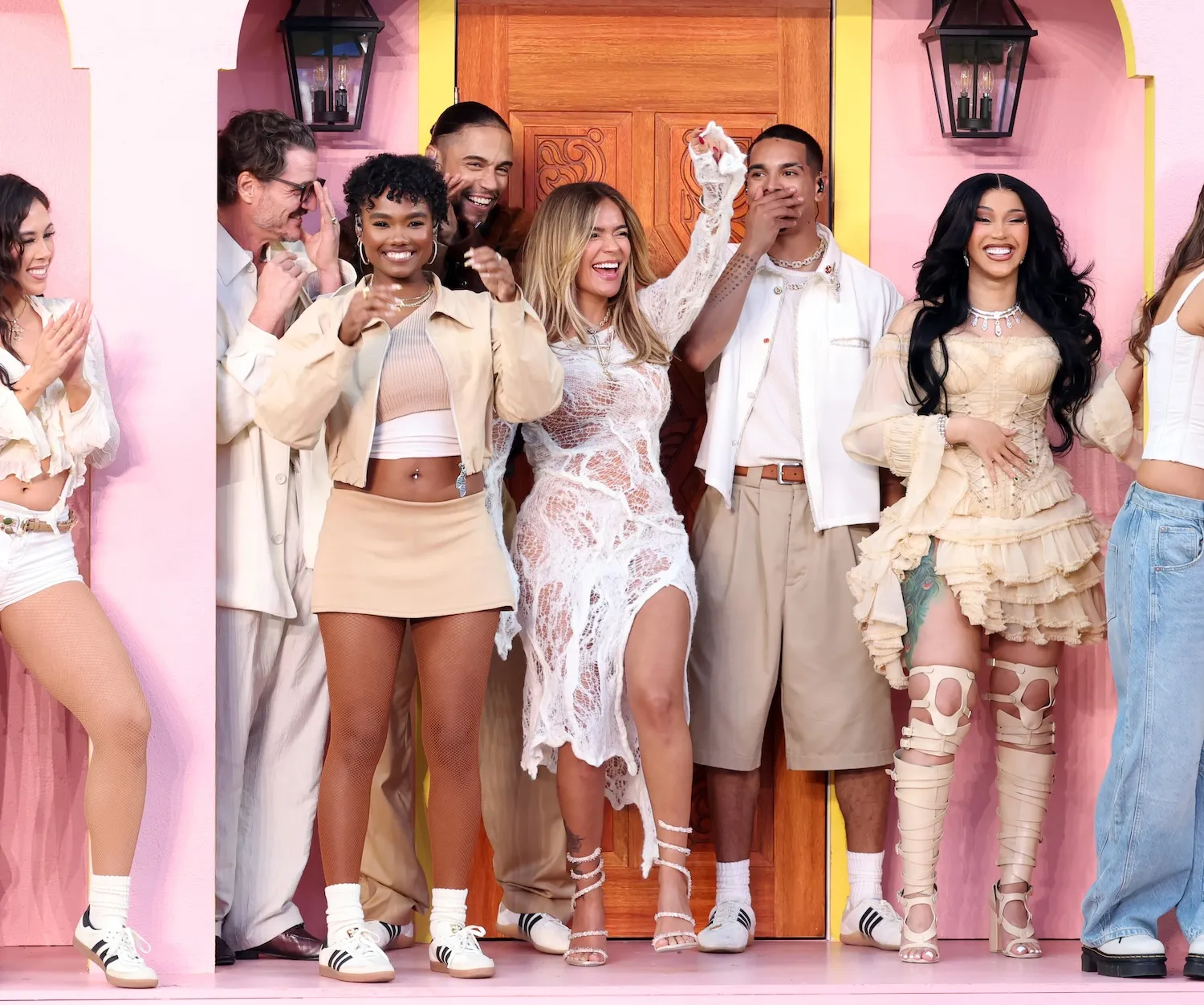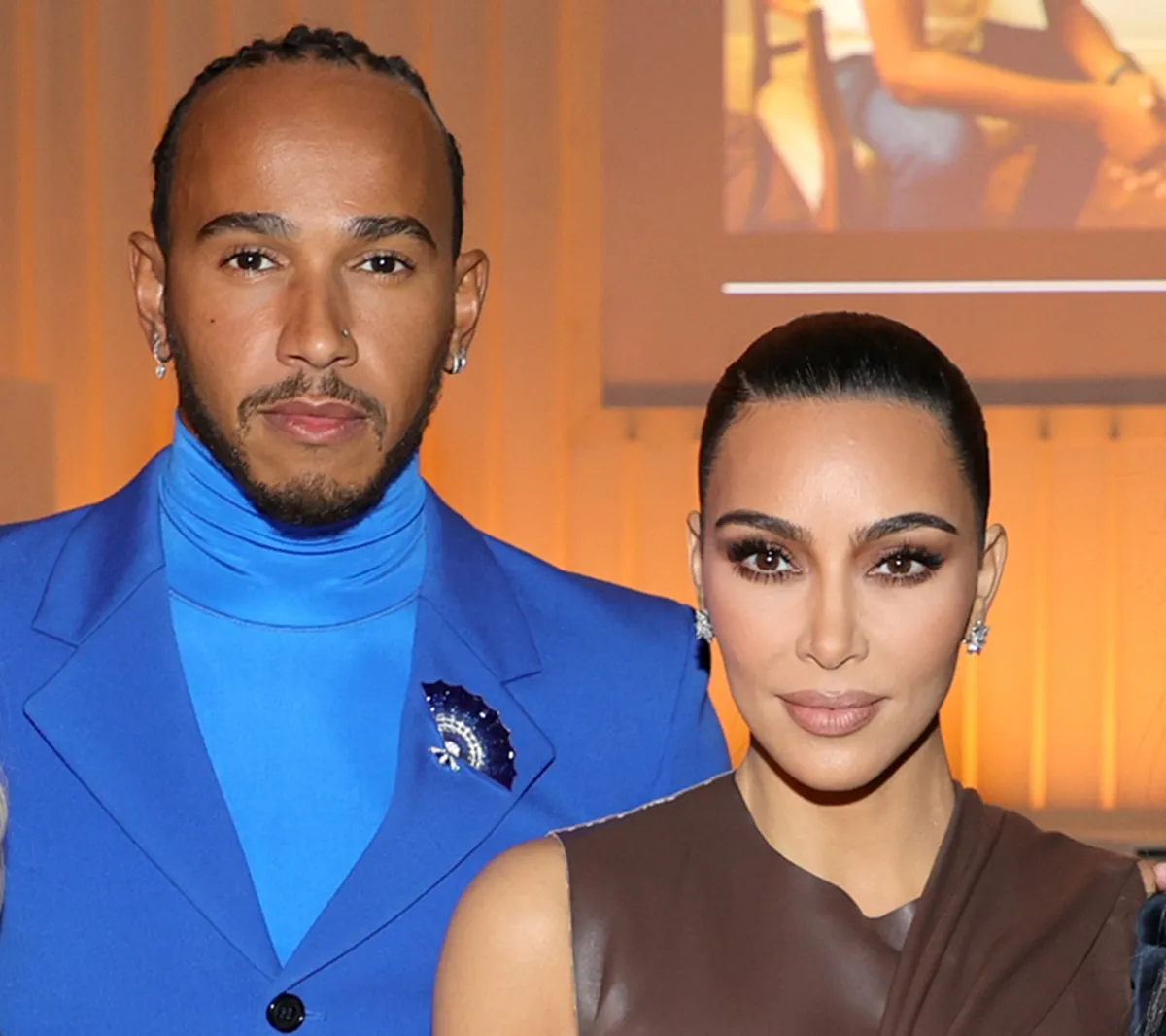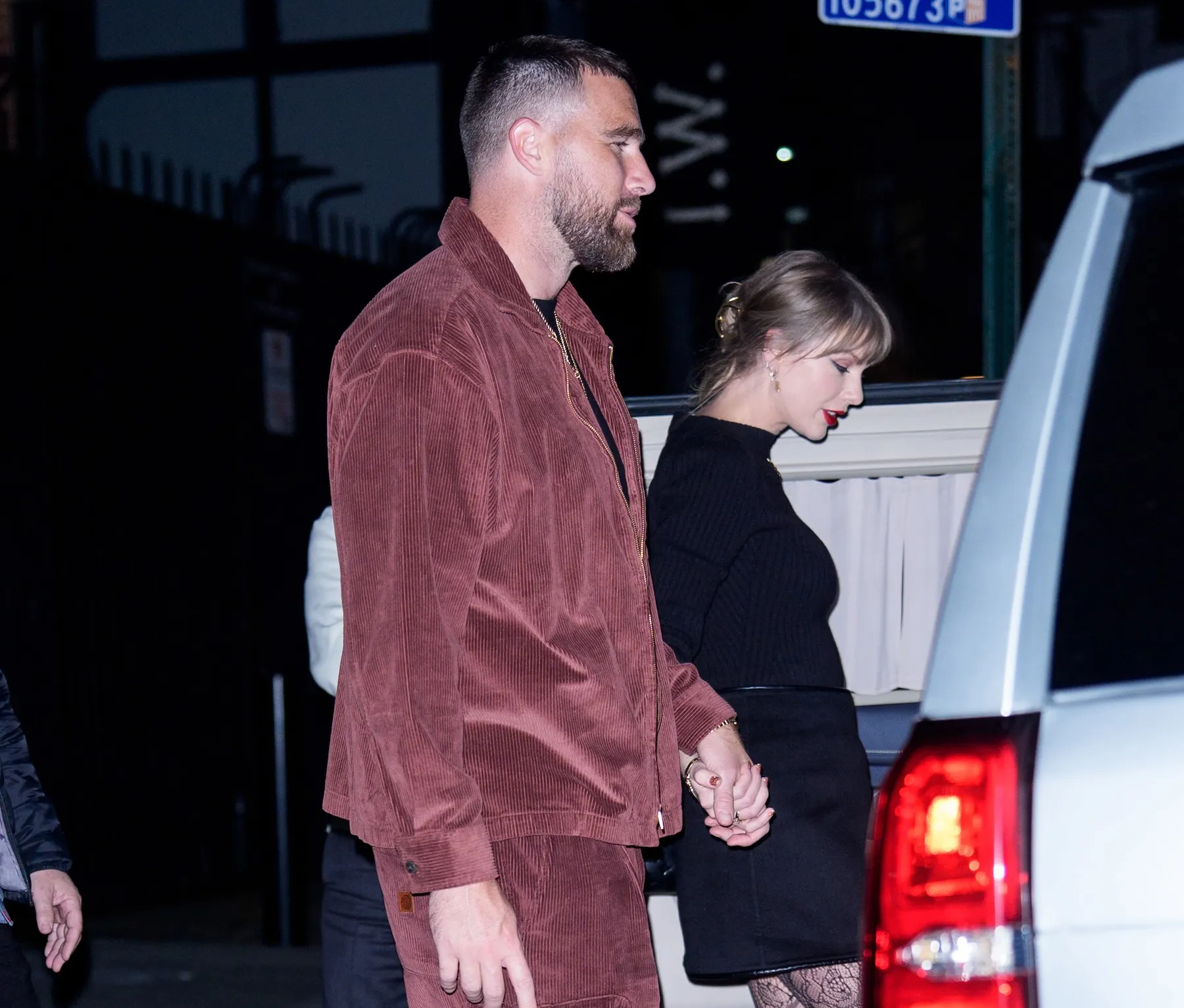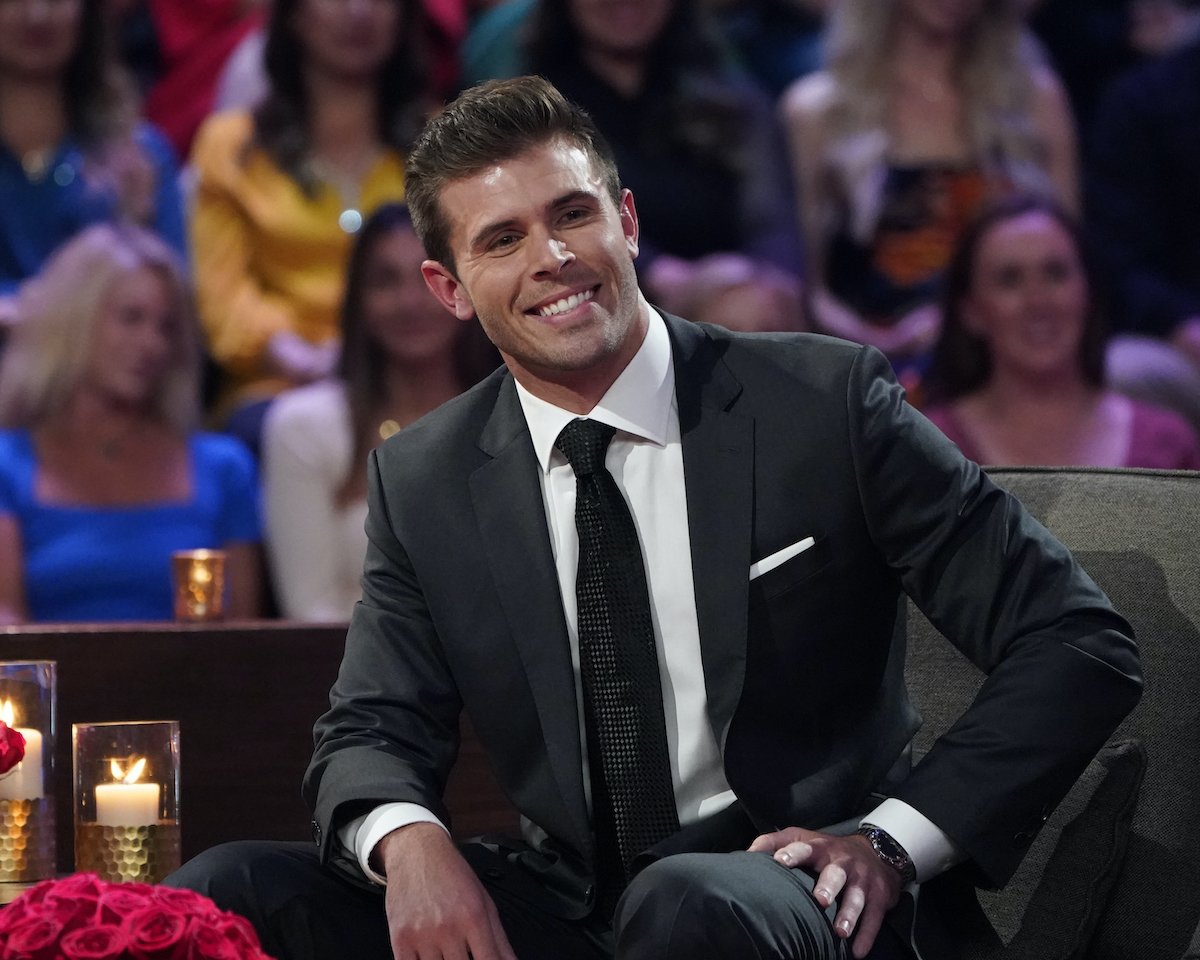
‘The Bachelor’ Season 27: Zach Shallcross as the Lead Has Fans Suggesting the Show No Longer Cares About Diversity
The Bachelor remains one of the biggest reality shows on TV, but the show’s issues regarding race are becoming an increasing point of tension among the fan base. The lack of diversity in the contestants has long been a conceptual problem, but recent years have made it clear that the producers of The Bachelor have actively made decisions to keep the show as white as possible.
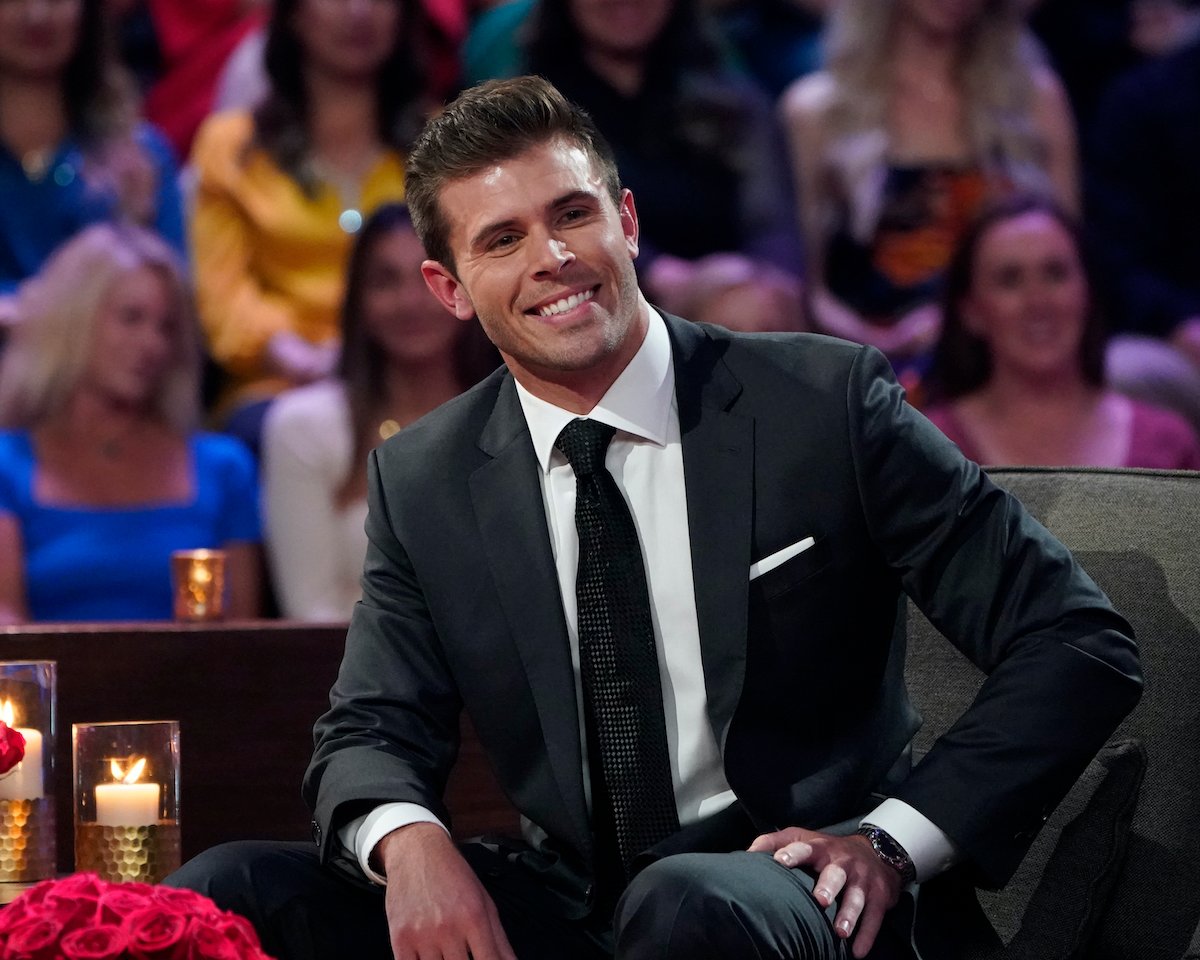
Viewers have voiced their displeasure with this, but their complaints continue to be ignored. The lead of season 27 is yet another conventionally handsome white guy.
The latest face of ‘The Bachelor’ looks like the old faces of ‘The Bachelor’
Zach Shallcross, a tech executive from Anaheim Hills, California, is the latest man to be named the Bachelor. This announcement has been met with skepticism and frustration rather than excitement.
Some of that reaction stems from Shallcross’ apparent disinterest in commitment during his time on Rachel Recchia and Gabby Windey’s season of The Bachelorette, but also because it is a clear sign that The Bachelor’s creative team is done pretending that they care about diversifying the show.
To date, there have been only two nonwhite leads of The Bachelor: Juan Pablo Galavis and Matt James. James’ presence in the role particularly felt like a sea change. His casting as the first Black bachelor seemed to be a clear response to the criticisms of the show’s dismal history regarding racial dynamics and the prominence of the Black Lives Matter movement in the summer of 2020.
The Bachelor received some praise for finally having the temerity to add some diversity to the proceedings, but the producers still worked to leave race out of the discussion as much as possible. But now that Chris Harrison’s antics are old news, The Bachelor is moving like none of that ever happened. Shallcross’ season could be incredibly entertaining, and it still wouldn’t change the fact that the show has demonstrated a tendency to minimize or exclude people of color at every opportunity.
Fans wanted the show to continue their commitment to diversity
Many fans of The Bachelor have been lukewarm about Zach Shallcross as the season 27 lead. The 26-year-old, who self-eliminated after his fantasy suite with Rachel on The Bachelorette, hasn’t captured the audience just yet, as some previous bachelors have, but it goes further than that.
After The Bachelor season 26 had another white male lead, Clayton Echard, it’s understandable fans would hope to see a more diverse casting for the 27th season. Fans on Reddit discussed their feelings about Shallcross as the lead, and few were enthused. One fan pointed out that part of fans’ frustration is with producers “for casting yet another white male lead,” despite this being an opportunity to cast a person of color in the lead role.
The show’s lack of inclusion goes deeper than skin
“We know we have a responsibility to make sure the love stories we’re seeing onscreen are representative of the world we live in, and we are proudly in service to our audience. This is just the beginning, and we will continue to take action with regard to diversity issues on this franchise.”
These are the words of ABC President Karey Burke following the announcement of James’ stint as the bachelor. The Bachelorette has the same issue. Only two women of color (Rachel Lindsey and Tayshia Adams, who are both Black) have ever been the lead of a season.
A 2016 study from Salon found that in the first 31 combined seasons of the shows, only four winners had any nonwhite ancestry. It’s not just Black people being ignored. There has never been an Asian bachelor or bachelorette, and there is a severe lack of Asian representation on the contestant side.
The lack of inclusivity is also reflected in ways other than ethnicity. All the men and women adhere to the same body types and binary ideas of sexuality. The Bachelor and The Bachelorette sell a very narrow fantasy of finding true love. If they want to give fans more reasons to connect to the show, the producers need to expand their horizons in every way.
